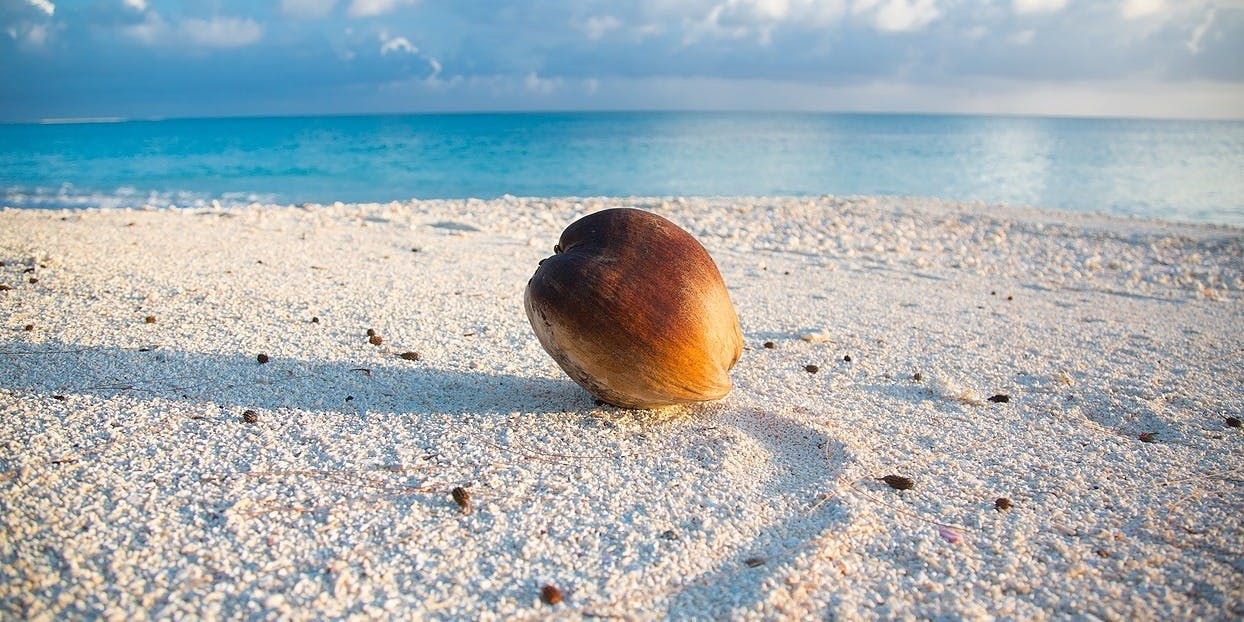123 reads
The very first state crypto can happen anytime soon in a place you probably never heard of
by
September 16th, 2019
Crypto Analyst and Content Writer for companies interested in having a fintech blog portfolio
About Author
Crypto Analyst and Content Writer for companies interested in having a fintech blog portfolio
